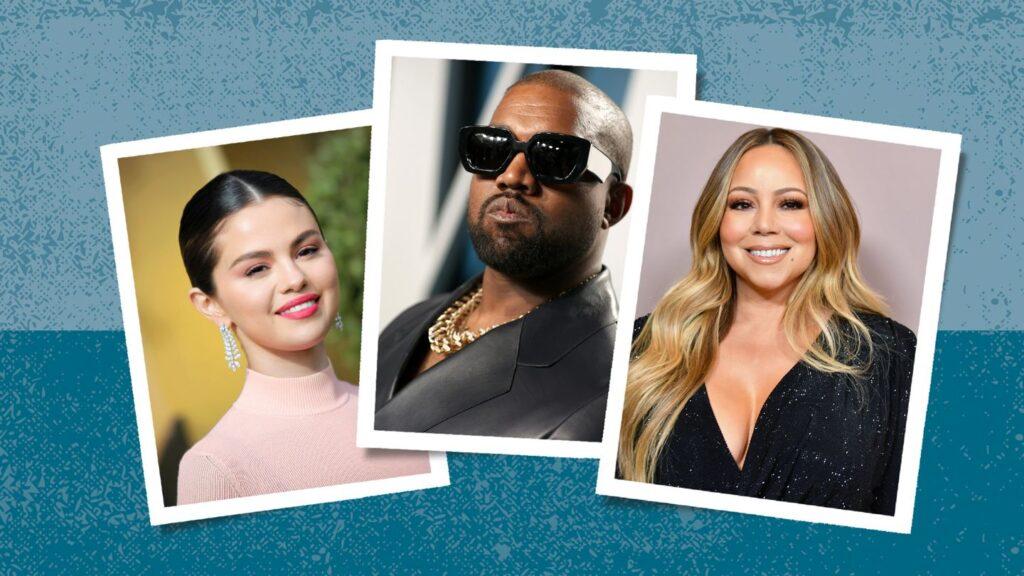The portrayal of celebrities in the media and its impact on their mental health
The portrayal of celebrities in the media can be both positive and negative. On the one hand, positive coverage can help to build a celebrity’s brand and increase its popularity.

While this level of attention can bring fame and fortune, it can also have a significant impact on celebrities’ mental health.
Celebrities have always been a subject of fascination for the media and the public. They are often seen as glamorous and larger-than-life figures, and their every move is closely scrutinized by the media.
For example, positive reviews of a film or television show can help to boost a celebrity’s profile and increase their earning potential. On the other hand, negative coverage can be damaging to a celebrity’s mental health and well-being.
One of the main ways in which the media can negatively impact celebrities’ mental health is through negative or sensationalized coverage. Tabloid newspapers and gossip websites often focus on celebrities’ personal lives, publishing stories about their relationships, their appearance, and their behavior.
This can be particularly damaging for young or vulnerable celebrities who may not have the coping skills to deal with this level of attention.
In some cases, the media can also create a false narrative about a celebrity’s life or personality. This can lead to misunderstandings and misconceptions among the public, further exacerbating the pressure and stress that celebrities face.
For example, the media may portray a celebrity as difficult or uncooperative, even if this does not accurately reflect their personality.
Social media has also had a significant impact on how celebrities are portrayed in the media. Platforms like Twitter and Instagram have given celebrities more control over their public image, but they have also created new challenges.
Celebrities often feel pressured to stay active on social media and project a specific image. Causing anxiety, stress, and a fear of missing out on opportunities or losing followers.
The impact of negative media coverage on celebrities’ mental health can be significant. Studies have shown that exposure to negative news stories can increase levels of stress and anxiety. Leading to feelings of helplessness and depression.
In some cases, this can lead to more serious mental health issues, such as substance abuse or eating disorders.
In addition to the impact on their mental health, negative media coverage can also hurt celebrities’ professional lives. It can lead to a loss of opportunities, as well as damage to their reputation and public image.
This can especially harm young or emerging celebrities lacking a solid brand or fan base.
There are several ways in which celebrities can protect their mental health in the face of negative media coverage. One of the most important is to have a strong support system in place. Including friends, family, and mental health professionals.
Celebrities can also take steps to manage their exposure to the media, such as avoiding reading negative stories or limiting their social media use.
Another important factor is for celebrities to be aware of their vulnerabilities and triggers. A celebrity with a history of addiction may be especially vulnerable to negative media attention on substance abuse.
By being aware of these triggers, celebrities can take steps to protect their mental health and avoid potentially damaging situations.
Ultimately, the portrayal of celebrities in the media has a significant impact on their mental health and well-being. Positive coverage helps, but negative or sensationalized coverage can harm mental health.
Celebrities must be mindful of these risks and safeguard their mental health. Media outlets must report on celebrities responsibly, considering the impact on those they cover. 온라인카지노사이트